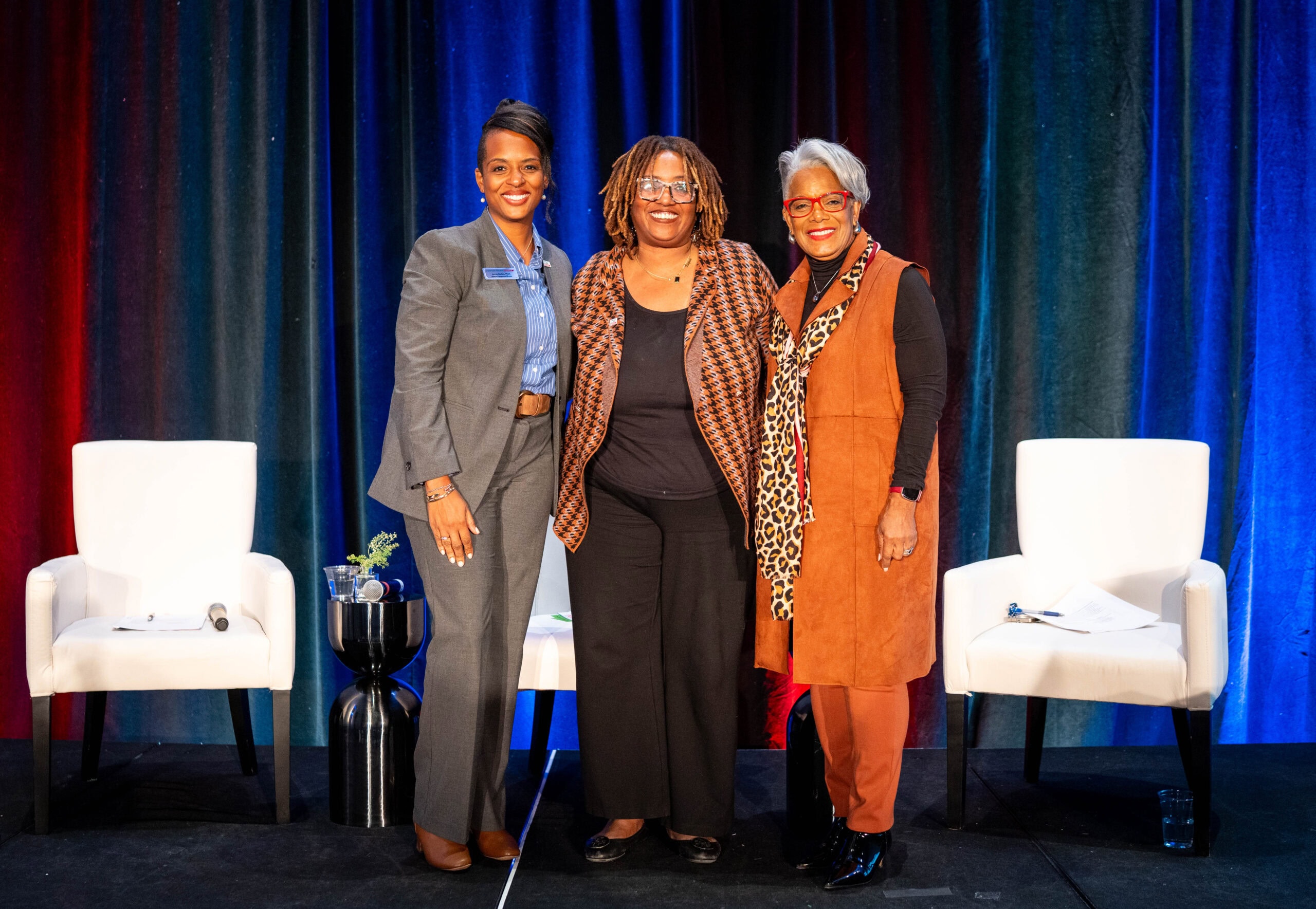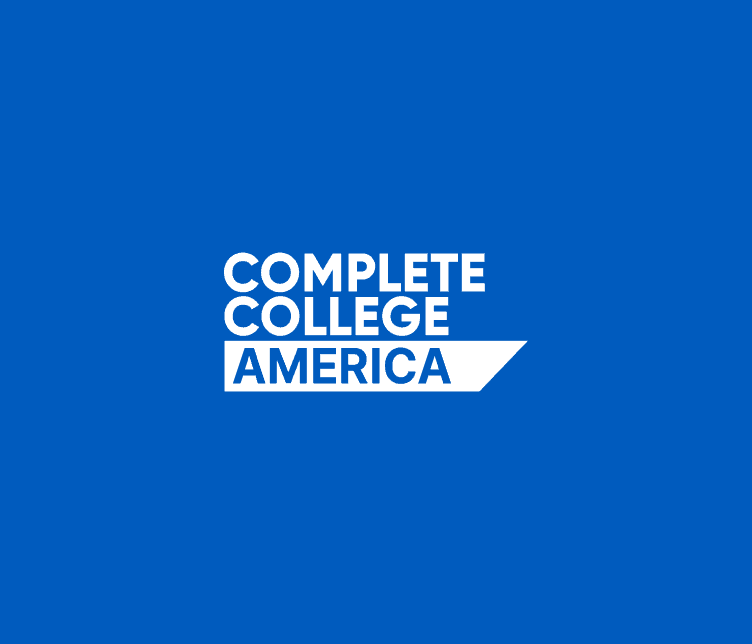This edition of the Amplification Lab was written by Darryl Cooper. Darryl is a senior at Howard University (Class of 2025), hailing from Atlanta, Georgia, and double majoring in political science and economics. He is a Policy and Advocacy Student Fellow at Complete College America.
The views and opinions expressed in this piece are those of the author and do not necessarily reflect those of Complete College America.
“Education should not be intended to make people comfortable; it is meant to make them think.“
—Jonathan Haidt, “The Coddling of the American Mind: How Good Intentions and Bad Ideas Are Setting Up a Generation for Failure”
In the summer of 2022, I decided to get my first tattoo. As a passionate admirer of Greek philosophy, I opted for a representation of “The Death of Socrates.” Besides being a landmark neoclassical painting and looking awesome on my arm, the story surrounding the death of this Greek philosopher holds deep personal significance for me. After years of skepticism about Athenian values, Socrates crossed the line when criticizing the beloved Athenian democracy. Despite his popularity, Socrates faced a “witch hunt” and was sentenced to either exile or death by poison. Shockingly, Socrates declared that “the unexamined life is not worth living,” signifying his preference for death over a life without a pursuit of truth. This declaration established a fundamental principle of education: the relentless quest for truth, regardless of the discomfort it may bring to oneself and others. Throughout history, scholars, scientists, and educators have deeply resonated with this decree. However, despite the seeming concurrence regarding this principle, there were also many times when these scholars became martyrs for their pursuit of truth (Galileo, Dr. Martin Luther King, St. Maximilian Kolbe, etc.). Today, we may be entering such times, as many are beginning to observe concerning problems within higher education.
Some universities have started to combat these problems through initiatives such as the Dartmouth Dialogues. These programs serve as a testing ground for different ideas and connect students from differing viewpoints. Higher education institutions need to re-embrace their Socratic roots to foster a healthier student body, increase the deliberative capacity of students, and reduce the chances of any further Socratic martyrs.
Higher education in America is facing a crisis. According to an Axios poll, students are not only more divided but also less inclined to build friendships with others holding different viewpoints. I get disheartened whenever I see that my peers shy away from engaging with opposing ideas out of fear of social exclusion. When I entered college, I expected professors to foster healthy debates and invite thought-provoking questions. However, I’ve observed that only questions that align with popular opinion are deemed acceptable at my university, while those that challenge are discouraged. This has led to a situation where some of my friends cannot handle even minor disagreements without intense emotional reactions. Correlating with these observations, I’ve noticed a concerning increase in anxiety and depression among my peers, a trend that corresponds with social media influence. My friends have limited avenues for open discussions about various topics including social media trends, global issues, and the challenges of adulthood. What concerns me the most is that instead of learning how to think critically about these issues, my peers are taught what to think. Throughout my academic journey, the emphasis has been on providing answers rather than equipping us with skills to navigate life’s complex questions. It’s time for universities to shift their focus towards empowering us to think independently, with the support and guidance of the academic community.
Many universities lack crucial social infrastructure, and we have already seen the consequences. While university administrators are well-intentioned with policies aimed at avoiding lawsuits and making all students as comfortable as possible, their principles are incompatible with a Socratic education. Additionally, as my university pursues comfortability for students and alumni, it marginalizes those like myself who believe in the challenging pursuit of truth. Throughout my four years at university, I have often silenced myself to avoid conflict in many classes. As a social science major, I have restricted my education and distanced myself from my peers because I cannot fully engage with them.
Consequently, university administrations have faced greater challenges in managing their campuses. In the wake of recent escalations in the Israel-Palestine conflict, many students who had been uninformed about the unfortunate situation primarily relied on social media for information. Understandably, these students, feeling distressed, enraged, and lacking a platform for dialogue, turned much of their anger toward university officials and organized protests nationwide. Administrators found themselves caught in the need to keep their students, politicians, alumni, and donors satisfied. As a result, some prominent and well-respected university presidents resigned, much to the disappointment of their respective communities.
In his book Twilight of the Idols, 19th-century German philosopher Fredrich Nietzche provided some scathing critiques of higher education that are still relevant in modern education. Despite the controversy surrounding some of his ideas, Nietzsche presents valuable insights for higher education. In the chapter, “What the Germans Lack” (thus the inspiration for my title), Nietzsche critiques the German universities as neglecting their responsibility to foster the growth of their students. Specifically, he notes that educators and administrators of the universities lack the fundamental culture of scholarship in favor of conformity. This critique resonates with modern education, prompting us to consider Nietzsche’s proposed solution for higher education. Nietzche assigned three critical skills for educators to train: the ability to see, think, and speak. Seeing and thinking entail the capacity to comprehend without acting impulsively and to holistically analyze information. The lack of emphasis on seeing and thinking hinders communication which is the ability to speak. Thus, without effective communication, we observe its consequences on our campuses. Universities must re-embrace these skills as vital for our education. As long as programs and initiatives focus on these three skills our campuses will gradually become healthier.
Complete College America and other leaders in higher education are addressing these issues and ushering in a new era of higher education. The Department of Education released guidelines suggesting more social infrastructure on campuses. CCA is a key partner for the Civic Learning and Democracy Engagement Coalition. Their programs emphasize the importance of civic engagement and deliberation, essential elements of a Socratic education. CCA also has initiatives aimed at improving students’ mental health. At my school, I started a student-led public forum modeled after the Oxford Debate Union to expose students to diverse perspectives and ideas they may not encounter in their classrooms. The forum also emphasizes the value of constructive dialogue and scholarly disagreement. I am optimistic about the future of higher education with these initiatives taking shape. As we prioritize civic engagement, mental health, and Socratic dialogue in higher education, I am hopeful for a future where students are better equipped to thrive as thoughtful and engaged citizens.




